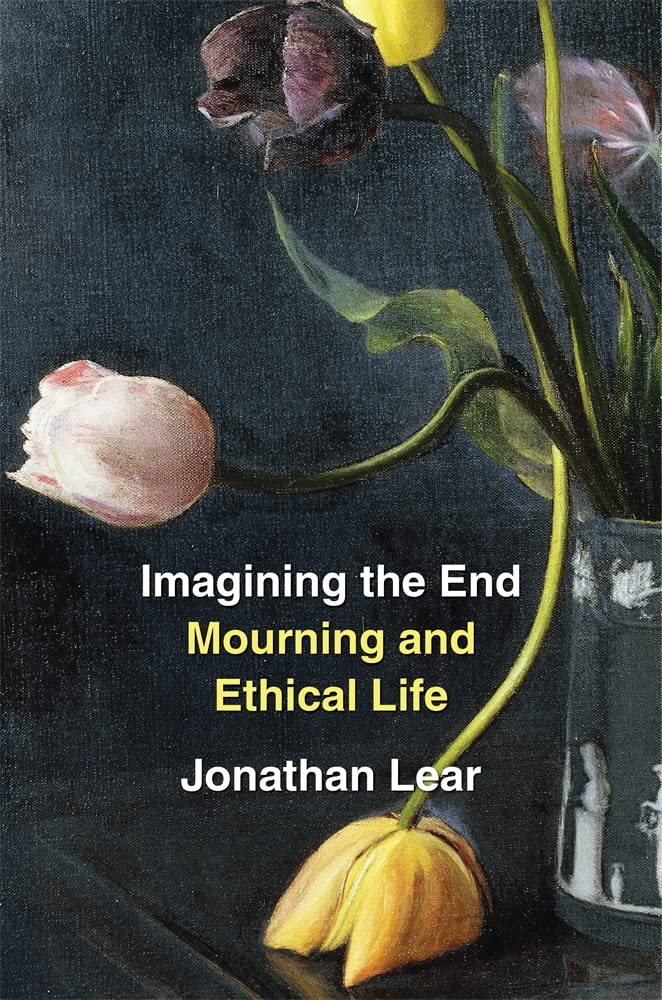
Categorii: Necatalogate, Neclasificat
Limba: Engleza
Data publicării: 2022
Editura: Harvard University Press
Tip copertă: Hardcover
Nr Pag: 176
ISBN: 9780674272590
Dimensiuni: l: 14cm | H: 21cm | 3cm | 317g

A Washington Post Notable Work of Nonfiction
"Imagining the End suggests, in a sober yet hopeful spirit, how mourning, rightly understood, can give meaning to our lives in the disenchanted times in which we find ourselves. In exploring the hopes that have failed us, the projects that have run into the sand, the loves we have lost, the attachments that have come to an end-a work of what amounts to creative mourning-we can develop a stance in the here and how from which the psyche can look outward and flourish. As he did earlier in his explorations of what it can mean to hope, Jonathan Lear here expands and deepens our understanding of what it can mean to mourn."
-J. M. Coetzee, Nobel Laureate
A leading philosopher explores the ethics and psychology of flourishing during times of personal and collective crisis.
Imagine the end of the world. Now think about the end-the purpose-of life. They're different exercises, but in Jonathan Lear's profound reflection on mourning and meaning, these two kinds of thinking are also connected: related ways of exploring some of our deepest questions about individual and collective values and the enigmatic nature of the good.
Lear is one of the most distinctive intellectual voices in America, a philosopher and psychoanalyst who draws from ancient and modern thought, personal history, and everyday experience to help us think about how we can flourish, or fail to, in a world of flux and finitude that we only weakly control. His range is on full display in Imagining the End as he explores seemingly disparate concerns to challenge how we respond to loss, crisis, and hope.
He considers our bewilderment in the face of planetary catastrophe. He examines the role of the humanities in expanding our imaginative and emotional repertoire. He asks how we might live with the realization that cultures, to which we traditionally turn for solace, are themselves vulnerable. He explores how mourning can help us thrive, the role of moral exemplars in shaping our sense of the good, and the place of gratitude in human life. Along the way, he touches on figures as diverse as Aristotle, Abraham Lincoln, Sigmund Freud, and the British royals Harry and Meghan.
Written with Lear's characteristic elegance, philosophical depth, and psychological perceptiveness, Imagining the End is a powerful meditation on persistence in an age of turbulence and anxiety.